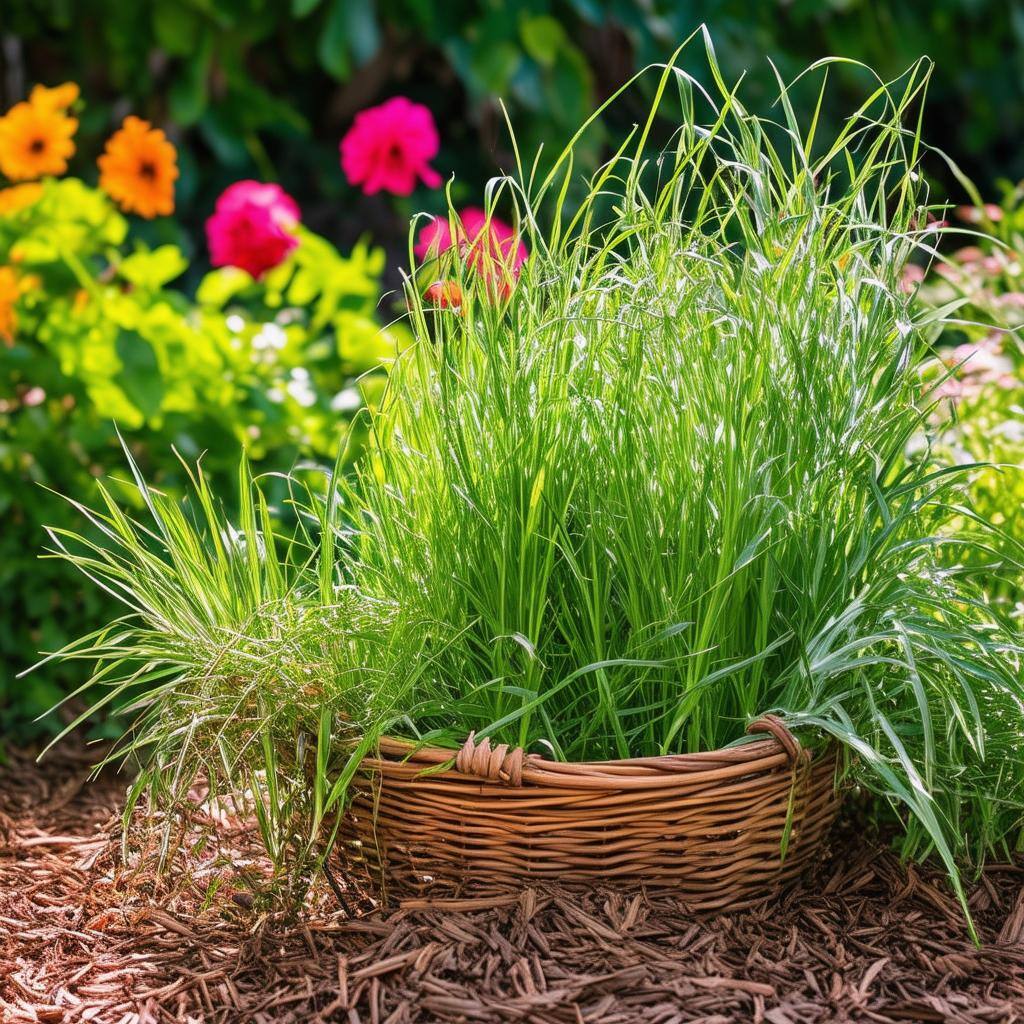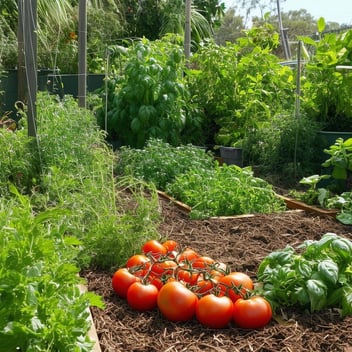A Beginner’s Guide to Dealing with Garden Weeds in SEQ
Embarking on the journey of gardening in South East Queensland (SEQ) is both rewarding and challenging. Among the hurdles novice gardeners face, the persistent invasion of weeds stands prominent. Understanding and managing these unwelcome guests is crucial to cultivating a thriving garden.
Understanding Weeds
Weeds are plants that flourish where they're unwelcome, often outcompeting cultivated species for resources. In SEQ, common culprits include Bindii (Soliva sessilis), with its prickly seed pods, and Nutgrass (Cyperus rotundus), notorious for its resilient underground tubers. Recognizing these adversaries is the first step toward effective control.
Preventative Measures
Healthy soil is the cornerstone of weed prevention. Incorporating organic matter enhances soil structure, promoting robust plant growth that can overshadow potential weeds. Applying a 50-100mm layer of mulch reduces weed growth by up to 100%, as noted by Bruce Morphett in Garden Weeds. Mulching not only suppresses weeds but also retains soil moisture and regulates temperature.
Manual Weed Control
Hand weeding is a time-honored method, especially effective for young weeds. Utilize tools like a hand fork or trowel to ensure complete root removal, preventing regrowth. Regular weeding sessions, particularly after rainfall when the soil is moist, can keep weed populations in check.
Chemical Control Options
When manual efforts fall short, herbicides may be considered. Select products labeled for the specific weeds you're targeting and suitable for use in SEQ gardens. Always follow the manufacturer's instructions meticulously, applying during calm weather to minimize drift and potential harm to desirable plants.
Organic and Natural Remedies
For those inclined toward eco-friendly solutions, homemade remedies can be effective. A mixture of vinegar and water, applied directly to weeds, can desiccate unwanted plants. Additionally, organic mulches like straw or wood chips not only suppress weeds but also enrich the soil as they decompose.
Long-Term Weed Management Strategies
Implementing ground covers, such as Dichondra repens (Kidney Weed), creates a living mulch that competes with weeds for space and nutrients. Companion planting, where certain plants are grown together to mutually benefit each other, can also deter weed growth. Regular monitoring and prompt removal of emerging weeds prevent them from establishing and spreading.
By adopting these strategies, beginner gardeners in South East Queensland can effectively manage weeds, fostering a healthy and flourishing garden environment.




